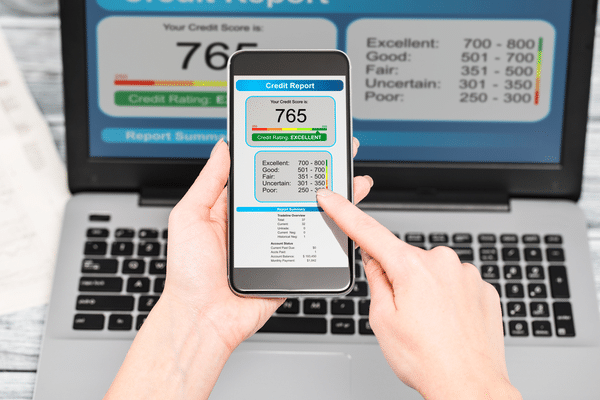The Differences Between the Three Credit Bureaus
Credit bureaus were created to be the objective authority for informing lenders, creditors and other relevant parties about issues related to your personal creditworthiness. There are three major credit bureaus, each one working independently to assess and score your financial history and payment behaviors.
Knowledge is power, and understanding the differences between the three credit bureaus can be important to your financial well-being.
The Three Major Credit Bureaus
The three consumer credit bureaus are TransUnion, Equifax, and Experian. Each one stores information related to your financial accounts and credit history to create your credit reports and credit scores.
Each bureau operates independently as its own entity, but can choose to share some or all of its consumer credit information. There are some instances, such as fraud alerts, in which bureaus are required to share information.
The Differences Between TransUnion, Equifax, and Experian
All three credit bureaus collect basic consumer information, including name, address, social security number and date of birth. They also compile information related to your payment history, credit application activity and debts.
But here’s how things start to differ.
The three credit bureaus get their data from several different sources, including account information from your lenders and credit card issuers. However, your creditors are not required to report your information to all three credit bureaus; they may report to only one or two. This means you may see differences when you compare your credit reports and credit scores across the bureaus.
The bureaus may also buy information about government tax liens or bankruptcy judgments from another bureau or a third-party source.
Variances on Your Credit Reports
Each credit bureau can also decide how much detail it provides for certain types of information, such as your employment history.
In addition, credit bureaus each have their own timelines for compiling data, so scores may change from month to month depending on when the information was calculated.
Why Your Credit Score Differs Among Bureaus
When you compare your credit scores from all three bureaus, you may see different numbers. Credit score differences are also attributed to these factors:
- Hard inquiries: If a lender checks your credit with just one bureau, let’s say TransUnion, then you could have more hard inquiries on your TransUnion report than on your Equifax or Experian report, which could cause your TransUnion score to be different.
- Errors or fraud: Your scores change as your creditors report information, and mistakes do happen. In fact, 1 in 5 people have a credit report error that can impact their score. If you have an error on one report, but not the other two, your scores may differ.
What Are Credit Scoring Models?
There are two main credit scoring models, FICO and VantageScore. While the majority of consumers are familiar with FICO, most consumers have both.
And all three major credit bureaus use both models.
FICO and VantageScore use a rating scale of 300 to 850. For VantageScore, an excellent credit score is 810-850, a great credit score is 750-809, and a good credit score is 670-749.
FICO is slightly different: 800 to 850 is excellent, 740 to 799 is very good, and 670 to 739 is good.
There are several nuances between the scoring methods, but VantageScore is considered by many to be more consumer-friendly. One reason is that VantageScore, unlike FICO, accepts utility, rent, and smartphone payment history as scoring data. VantageScore can score people after 1 month of payment history, while FICO requires 6 months of established history.
VantageScore and FICO also differ in how they handle rate shopping and the impact of various late payments on your score.
The three credit bureaus aggregate data from various sources to create your credit scores. Monitor your credit reports monthly to ensure the information reported is accurate and your credit score accurately reflects your creditworthiness.



